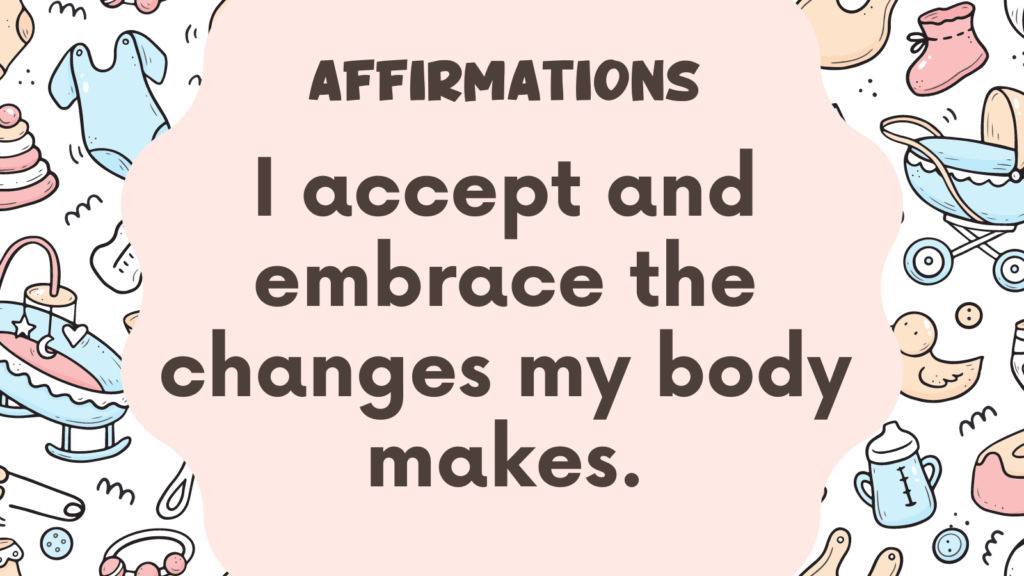In this post, you’ll learn what to eat when nothing sounds good while dealing with morning sickness.
What Is Morning Sickness?
Morning sickness is a common discomfort experienced by many pregnant women during the first trimester.
It is characterized by nausea and vomiting, and can sometimes make it difficult to eat or keep food down.
When nothing sounds good to eat, it can be challenging to maintain a healthy diet for both the mother and the developing baby.
Related: Top 12 Tips On How To Deal With Morning Sickness At Work
What Causes Morning Sickness?
According to the hypotheses proposed by Hook (1976) and Profet (1988), it is suggested that morning sickness serves as a protective mechanism for the embryo. (source)
This is achieved by causing pregnant women to expel and subsequently avoid certain foods or smells that may contain harmful chemicals that could potentially cause birth defects or abortions.
These chemicals are commonly found in strong fragrances, polluted air, strong-tasting vegetables, caffeinated beverages, and alcohol.
Morning Sickness What To Eat When Nothing Sounds Good?
Morning sickness can make it difficult to feel like eating anything at all.
However, it is important to stay nourished and hydrated during pregnancy.
Here are some tips on what to eat when you’re experiencing morning sickness:
1. Experiment with different foods
Trying new and different foods can help keep your taste buds engaged and stimulate your appetite.
2. Stick to bland foods
Consider trying bland foods such as plain crackers, dry toast, rice, oatmeal, or boiled potatoes. These are easy to digest and can be easy on the stomach.
Related: Best 70 Pregnancy Hacks (+Products Recommendation)
3. Cold foods
Cold foods can be easier to tolerate than hot foods.
Try eating cold sandwiches, salads, or smoothies.
4. Small, frequent meals
Eating smaller, more frequent meals throughout the day can help keep your blood sugar stable and prevent nausea.
5. Focus on hydration
Drinking enough fluids is crucial during pregnancy, especially when experiencing morning sickness.
Try drinking water, coconut water, or ginger tea to stay hydrated.
If plain water doesn’t sound appealing, try adding natural flavorings such as cucumber or lemon.
Related: Best 7 Pregnancy Self Care Products
6. Eat Nutrient-Rich Food
When eating is a challenge, it’s essential to make every calorie count.
Focus on nutrient-dense foods such as fruits, vegetables, lean proteins, and whole grains.
These foods can provide essential vitamins and minerals that are necessary for both you and your growing baby.
7. Consider supplements
If eating whole foods is a struggle, consider taking vitamins and supplements to ensure you’re getting the nutrients you need.
Prenatal vitamins are an excellent option and can help cover any nutrient gaps in your diet.
8. Avoid trigger foods
If there are certain foods that make you feel worse, avoid them until your morning sickness subsides.
Related: Best +25 Pregnancy Journal Prompts (+FREE PDF Download)
Conclusion
It’s common for pregnant women to experience morning sickness and have difficulty eating when nothing sounds good. However, it’s essential to maintain a healthy diet for both the mother and the developing baby.
Trying new foods, staying hydrated, focusing on nutrient-dense foods, and considering supplements can all help manage morning sickness during pregnancy.
If you’re having trouble keeping food and liquids down, talk to your healthcare provider for further advice.
FAQ
Does Walking Help Morning Sickness?
Yes, gentle exercise like walking can help alleviate morning sickness in many women.
Walking can improve circulation, reduce stress and ease digestion, all of which can help alleviate nausea and vomiting.
It’s important to listen to your body and not overdo it though, especially during the first trimester when morning sickness is the most common.
If you feel tired or dizzy, take a break and rest. Always check with your healthcare provider before starting any new exercise routine during pregnancy.
Related: Best Pregnancy Resources (Information, Apps, Books, Podcasts)




